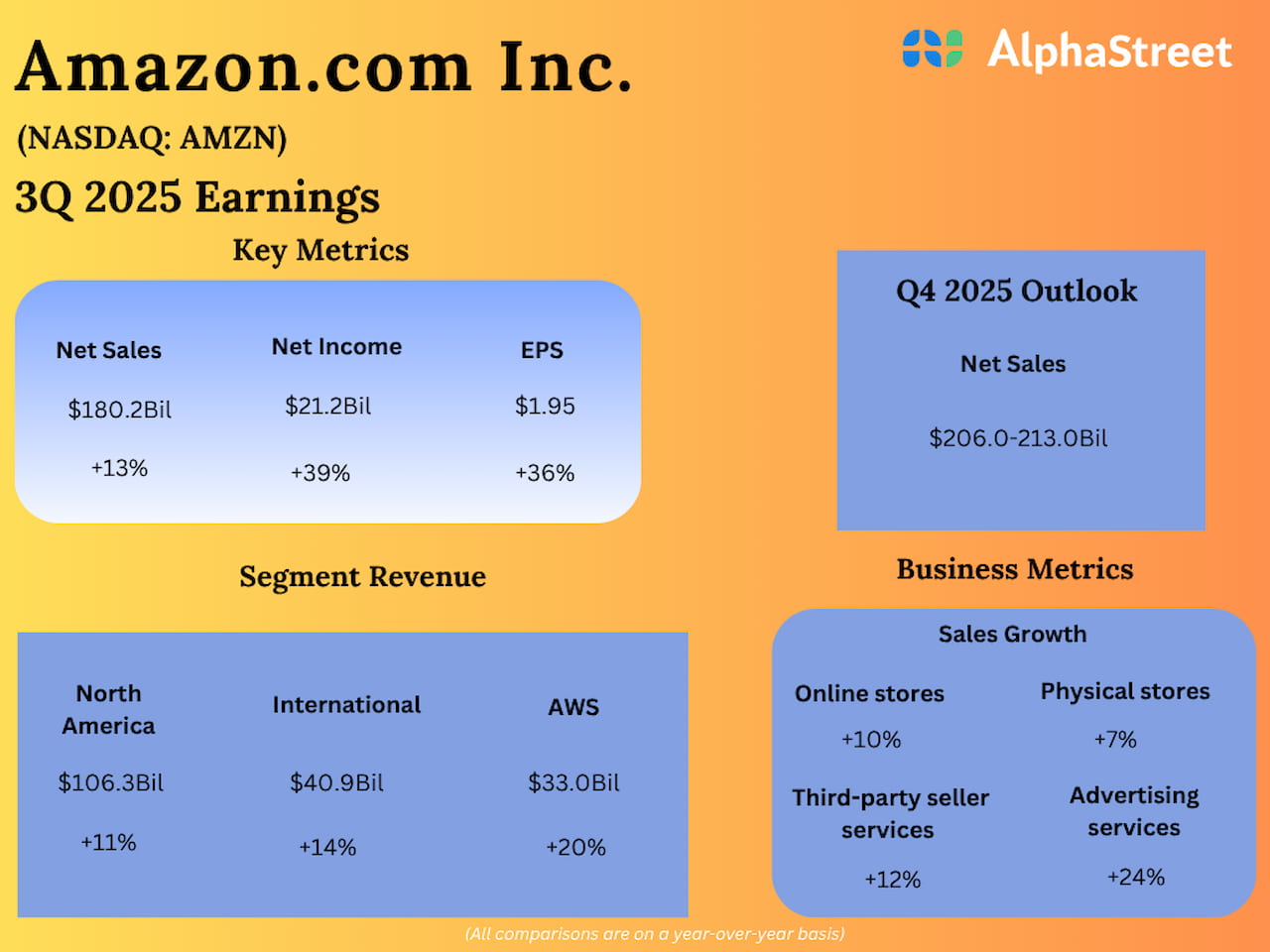Economists are fond of talking about how people respond to incentives — and stress how social arrangements can produce suboptimal results when they give people counterproductive incentives. I recently saw a fun video on the history of how mathematicians developed the imaginary number system (hey, I think it’s fun anyway!) that shows an example of this in action.
The video starts with the efforts of mathematicians to find a general solution to cubic equations. A cubic equation is one step up from a quadratic. Today, we write quadratics as ax² + bx + c = 0. A cubic would take the form ax³ + bx² +cx + d = 0. While the solution to quadratics had been independently discovered by different civilizations thousands of years prior, a general solution to cubic equations seemed impenetrable. This led Luca Pacioli, the mathematics instructor to Leonardo da Vinci, to declare the problem unsolvable.
The story turns to the mathematician Scipione del Ferro, who taught mathematics in Italy during the Renaissance. In that time and place, university positions were handled very differently. Far from having the protection of tenure, a math professor could be challenged at any time for his position by another mathematician. Each would present the other with a series of math challenges to be completed — and whoever got the most correct answers would take the professorship, while the loser would be considered publicly disgraced. While this sounds like it would have created a highly meritocratic culture where only the best would be on top, it also created some unfortunate incentives.
Around 1510, del Ferro made a new breakthrough, finding a general solution to what are called depressed cubics. A depressed cubic is a cubic with no x² term, and would be written out as ax³ + bx + c = 0. As the video goes on to describe:
So what does he do after solving a problem that has stumped mathematicians for millennia? One considered impossible by Leonardo da Vinci’s math teacher? He tells no one.
Why would he keep this breakthrough advancement in mathematics hidden away? Because of the incentives created by the aforementioned system:
As far as del Farro knows, no one else in the world can solve the depressed cubic. So by keeping his solution secret, he guarantees his own job security.
The system in place during del Farro’s time may have aimed at ensuring the most intelligent and capable scholars held positions at universities. To be clear, that’s not a bad goal in itself, obviously. In fact, at first glance it seems like an obviously good way to ensure each posting was held by the best possible scholar. But this would just be another case of what I’ve called Grey’s Law: solutions that are the first thing you’d think of, seem sensible, and are easy to put into practice often turn out to be terrible, ineffective ideas that once implemented will serve as a drag on civilization.
To the extent that this system encouraged scholars to keep advancements and breakthroughs hidden away, it fell victim to Grey’s Law. It made it in the interests of individual professors to prevent new knowledge and discoveries from being better known, and to the extent that new breakthroughs are built on older discoveries, it had the potential to seriously slow down the advancement of knowledge. Even in situations we don’t think of as being part of “economics” like the system used to hire mathematics professors, the fundamental idea of economics – people respond to incentive, and we need to evaluate systems by the incentives they create — remains true.


























